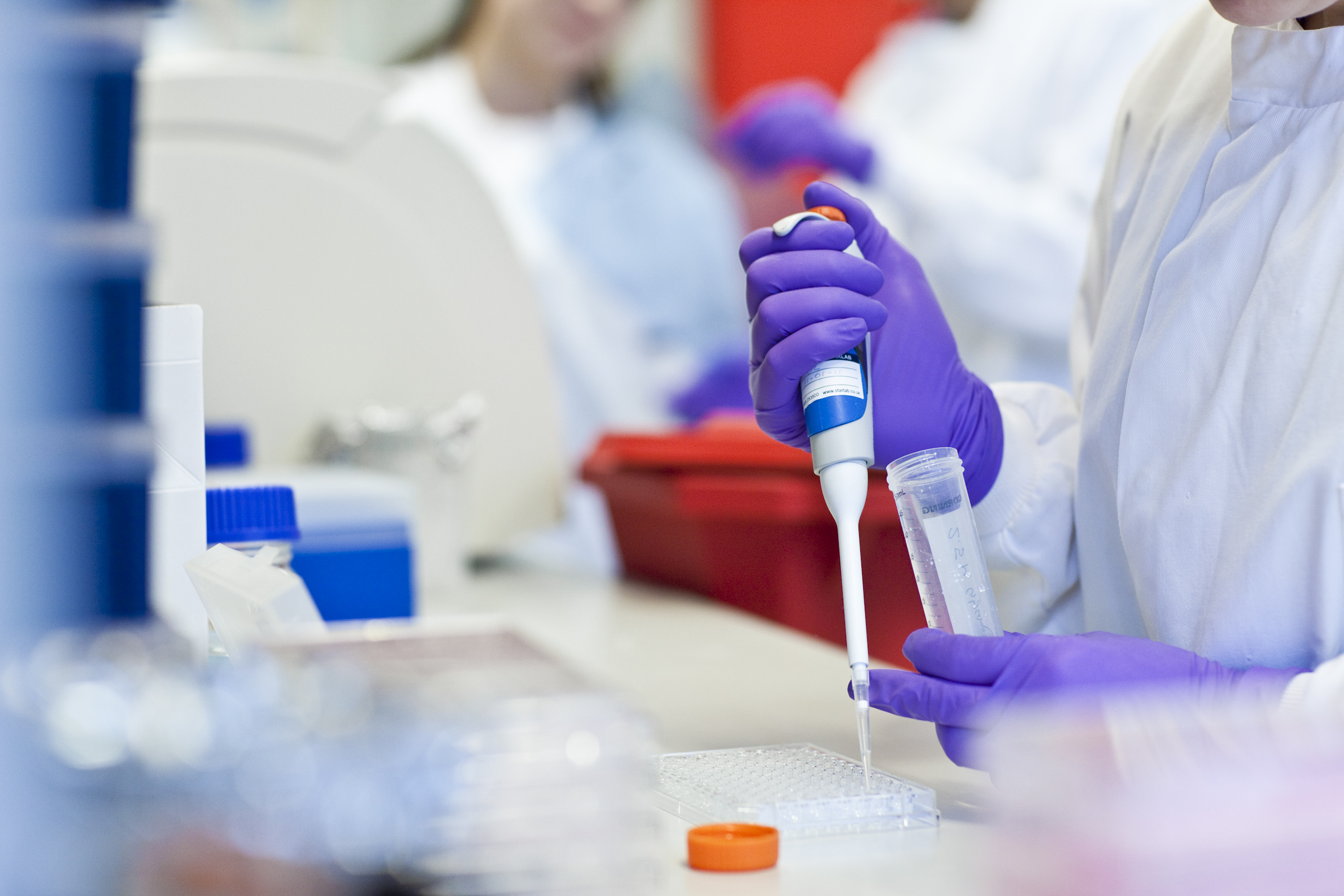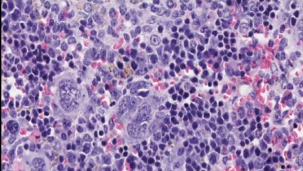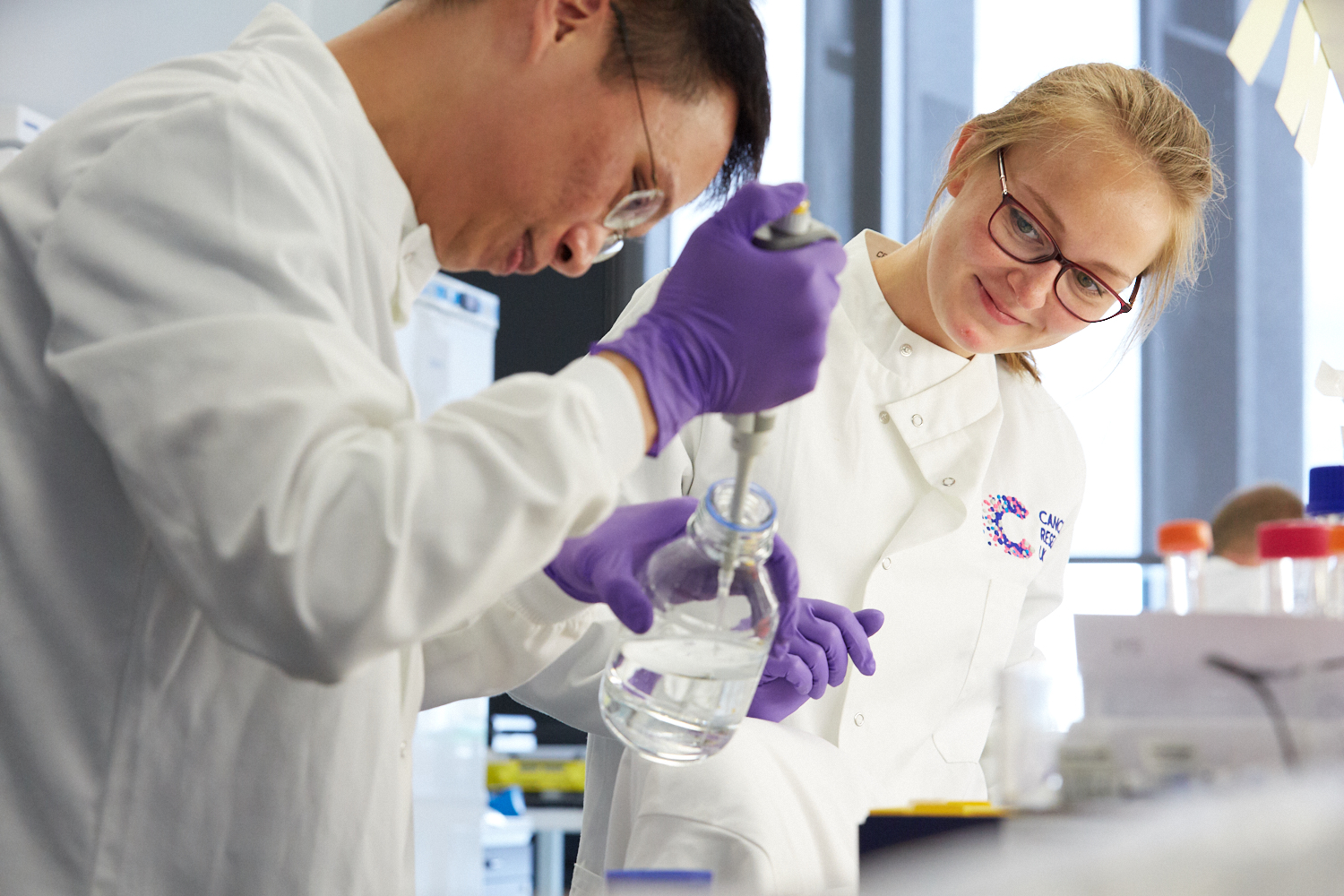Single-cell study illuminates ovarian cancer chemotherapy resistance

Researchers at the Cancer Research UK Cambridge Institute and Stanford University have mapped how ovarian cancer cells respond to chemotherapy at an unprecedented level of detail, offering new insights into why treatment resistance develops. Their findings could help guide future efforts to overcome this major clinical challenge.
Tubo-ovarian high grade serous carcinoma, the most common type of ovarian cancer, is usually diagnosed at an advanced stage and has poor five-year survival rates. The standard treatment often involves surgery followed by platinum-based chemotherapy, such as carboplatin. While around 60% of patients initially respond well, almost all eventually develop resistance to this treatment, leaving limited options for further therapy.
This chemotherapy resistance is thought to stem from faults in the cancer cell’s response to DNA damage, but the molecular mechanisms driving this process remains unclear. There are currently no biomarkers to predict which patients will develop resistance to platinum-based chemotherapy, nor are there effective treatments to overcome it.
To address this, researchers from the Brenton Group at the Cancer Research UK Cambridge Institute, in collaboration with scientists at Stanford University, studied how ovarian tumour cells respond to carboplatin chemotherapy at the single-cell level.
Using a cutting-edge approach called multiplex single-cell mass cytometry (CyTOF), they were able to measure the DNA damage response in individual tumour cells exposed to carboplatin.
By measuring 36 key proteins that govern the cell’s DNA damage response, along with the amount of platinum that accumulated inside each cell, the team captured an unprecedented view of how each cell detects and repairs DNA damage. Further analysis revealed two consistent protein modules: one strongly associated with sensitivity to carboplatin chemotherapy, and a more complex module linked to resistance to chemotherapy.
These findings could form the basis for new strategies to tackle treatment resistance in ovarian cancer.
The team now plan to use drug and genome editing cell line screens to pinpoint ways of reversing carboplatin chemotherapy resistance, using the sensitivity module as a readout. They also aim to map these DNA damage response modules in patient samples and explore how they interact with immune cells within the tumour environment.
By understanding these processes in greater detail, the researchers hope to pave the way for the development of more effective treatments to help patients with ovarian cancer whose tumours no longer respond to chemotherapy.
This work was made possible with the support of the Bioinformatics, Compliance & Biobanking, Genomics, Histopathology, Microscopy, and Research Instrumentation and Cell Services and Scientific Computing core facilities at the Cancer Research UK Cambridge Institute.
Prof James Brenton, Professor of Ovarian Cancer Medicine at the CRUK Cambridge Institute and Co-Lead of the Women’s Cancers Programme, and the Integrated Cancer Medicine Programme at the Cancer Research UK Cambridge Centre said: “Almost everyone with high grade serous ovarian cancer will eventually develop resistance to therapy and many treatments for ovarian cancer work by damaging DNA inside cancer cells. By studying how individual cancer cells respond to treatment, this research provides an unprecedented level of detail about the molecular changes linked to resistance. Our hope is that these insights will open the door to new strategies to overcome resistance and improve outcomes for women affected by this devastating disease.”
Related News
See all news-

Targeting paused cells could improve chemotherapy for lung and ovarian cancers
3rd February 2026
New research published today in Nature Aging by scientists at the University of Cambridge sheds light on why some lung and ovarian cancers stop responding to chemotherapy, and how this resistance might one day be prevented.
Find out more -

Scientists create test to predict chemotherapy resistance
23rd June 2025
Scientists at the Cancer Research UK Cambridge Institute have created a test which can successfully predict whether cancer will resist common forms of chemotherapy treatment.
Read more -

Institute Group Leaders awarded promotions by the University
26th June 2020
We are delighted to announce that several of our Group Leaders have been promoted in the University of Cambridge Senior Academic Promotions.
Find out more